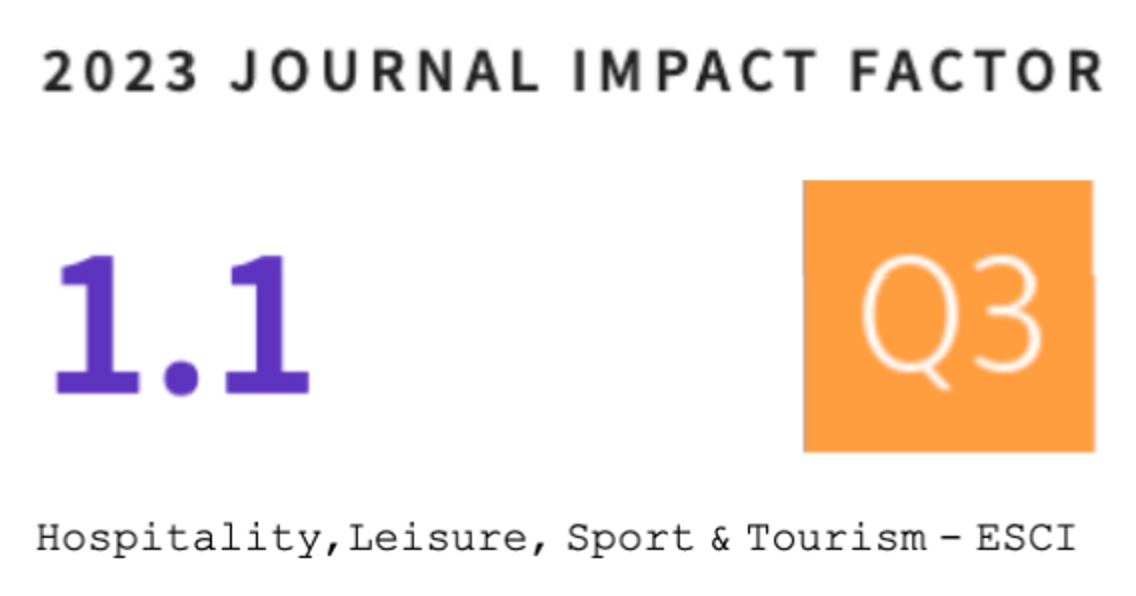Coaching Efficacy In The Esports Environment: Analysis By Education Level,Classification, Competitive Videogame And Physical Status
DOI:
https://doi.org/10.12800/ccd.v19i61.2134Abstract
The figure of the esports coach is reaching a fundamental
relevance nowadays. Therefore, the objective of this study
was to analyse the effectiveness of professional and
amateur esports coaches considering their educational
level, their coach classification, their competitive video
game and their physical status. Sixty-two coaches (25.81 ±
3.37 years) completed the Coaching Efficacy Scale. Esports
coaches have average values close to seven in all four
dimensions of this scale (Motivation 6.89 ± 1.14; Strategy
7.09 ± 1.17; Technique 6.72 ± 1.22; Character 7.02 ± 1.20),
which are closely related to players’ performance and
health. Moreover, the educational level (p < .01) or lifestyle
(p < .01) are highlighted as elements that influence coaches’ performance. The type of video game is important as well, since higher general values were found for Valorant
coaches compared to other videogames (p < .05), placing
great importance on the experience dimension in amateur
coaches. This is the first reference values on self-efficacy in
esports coaches, information of great utility for clubs and
players to understand potential strengths or weaknesses of
their coaches and to identify future talents.
Published
How to Cite
Issue
Section
License
Copyright (c) 2024 Creative Commons Attribution License

This work is licensed under a Creative Commons Attribution-NonCommercial-ShareAlike 4.0 International License.
The authors who publish in this journal agree with the following terms:
- The authors retain the copyright and guarantee the journal the right to be the first publication of the work as well as licensed under a Creative Commons Attribution License that allows others to share the work with recognition of the authorship of the work and the initial publication in this journal.














